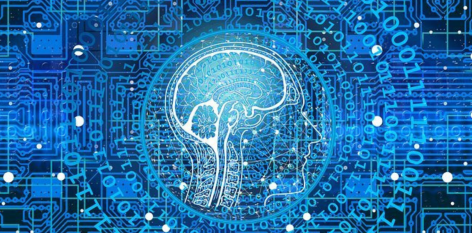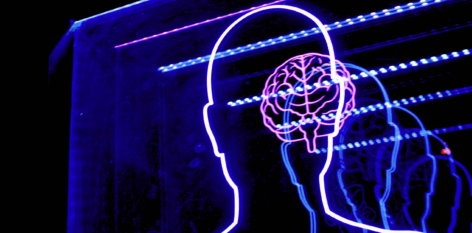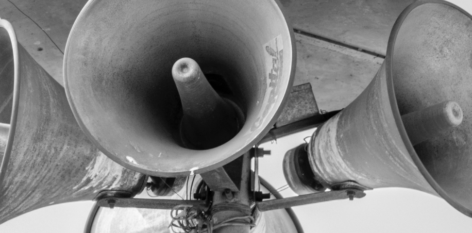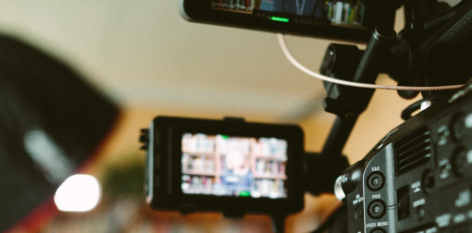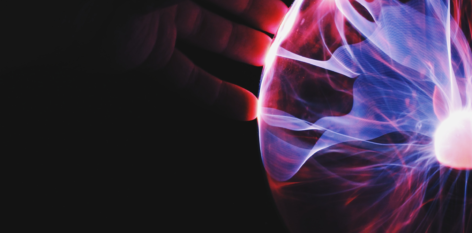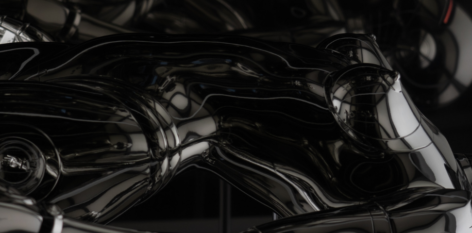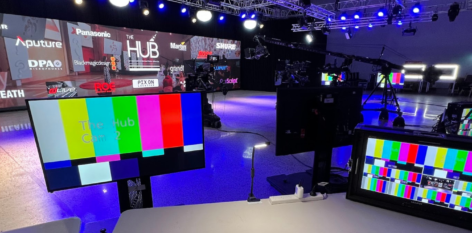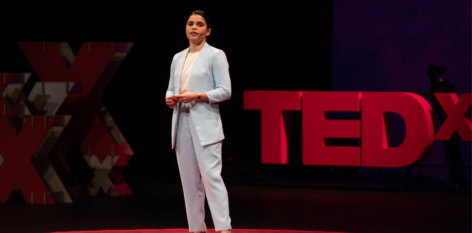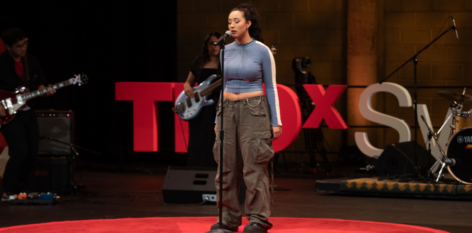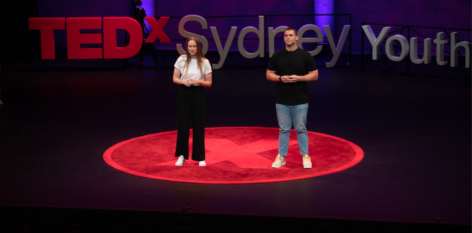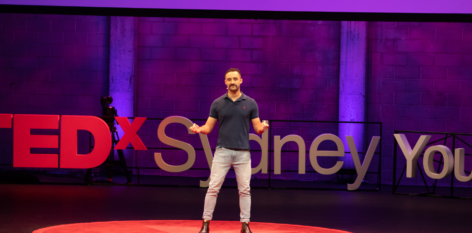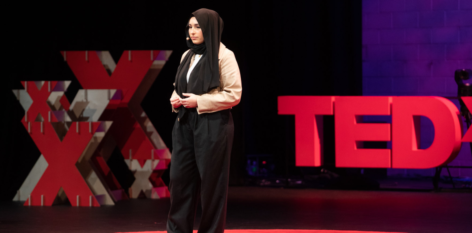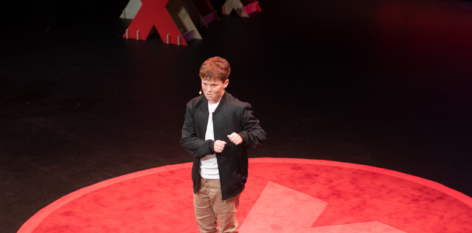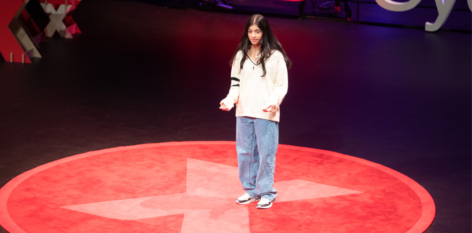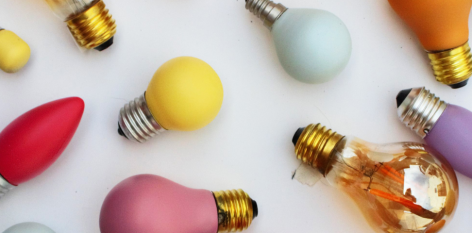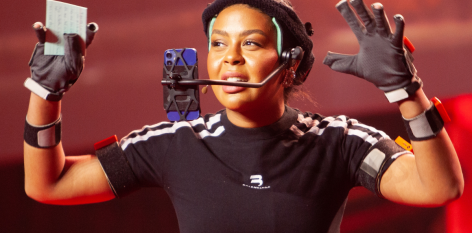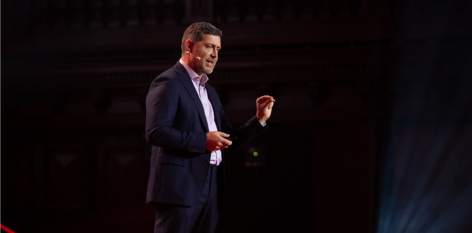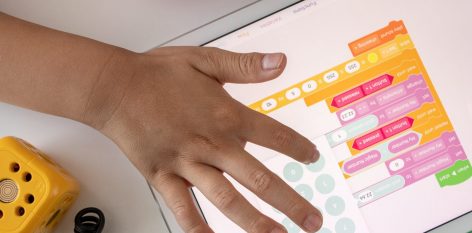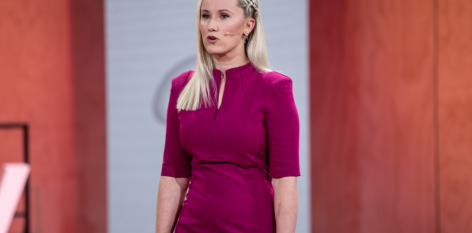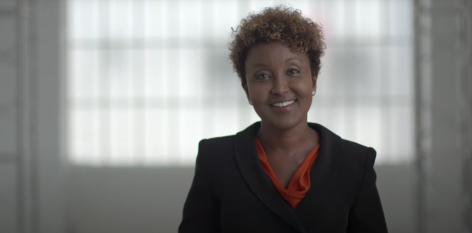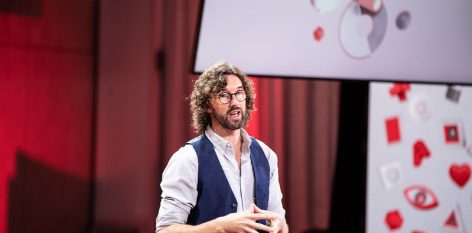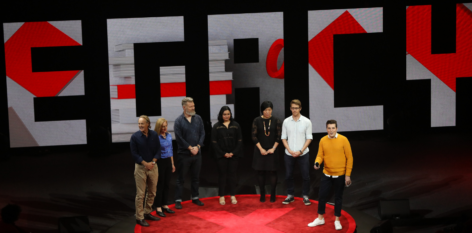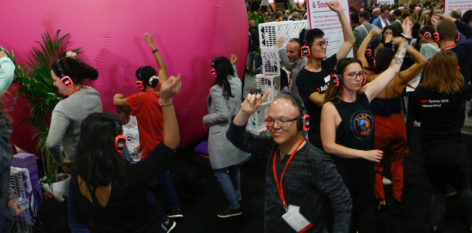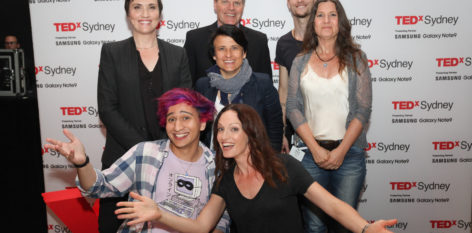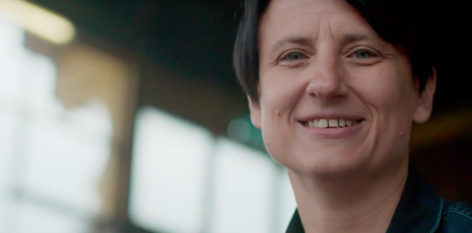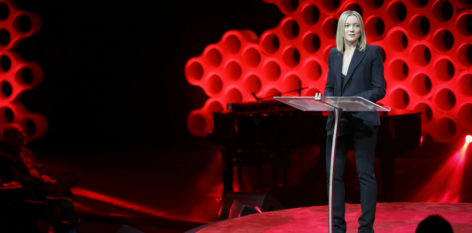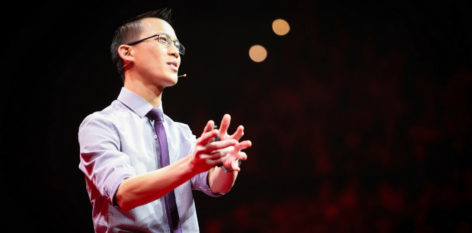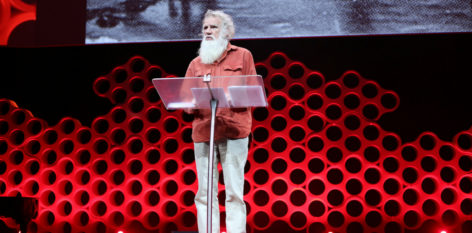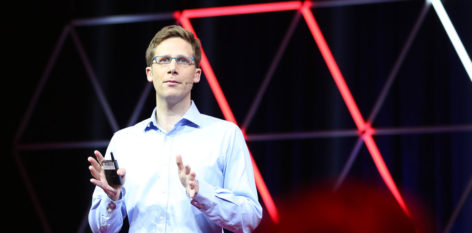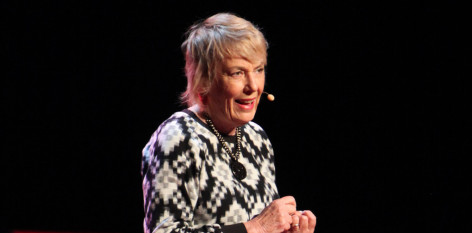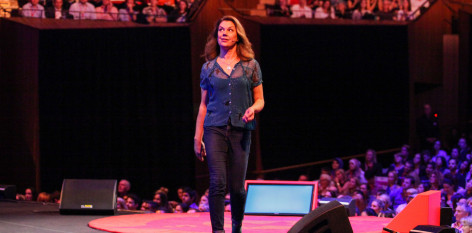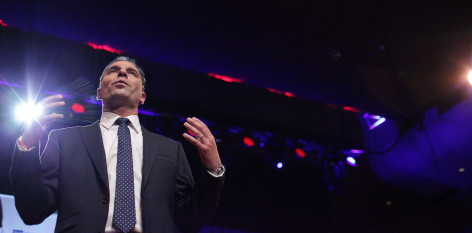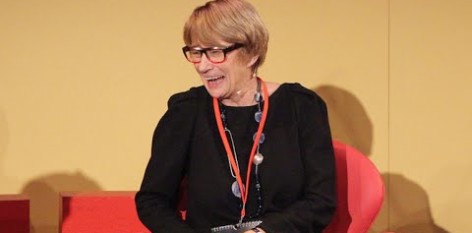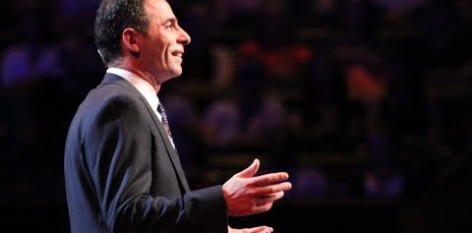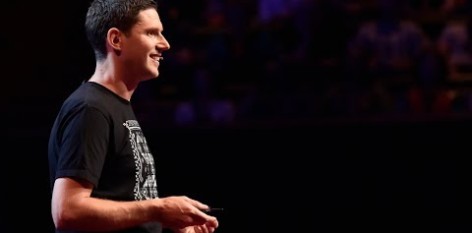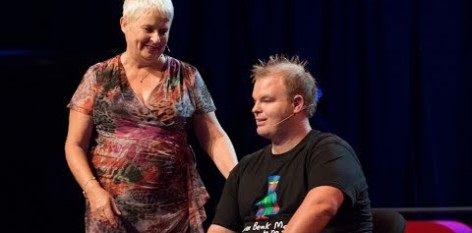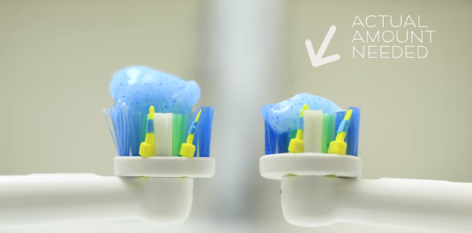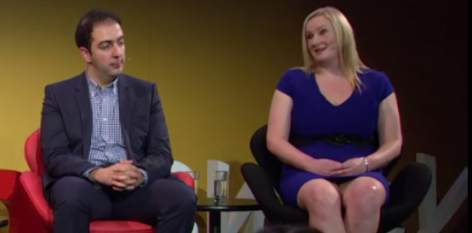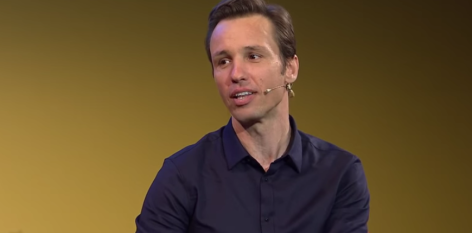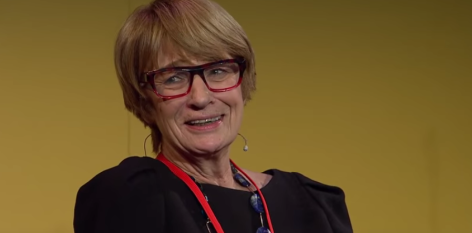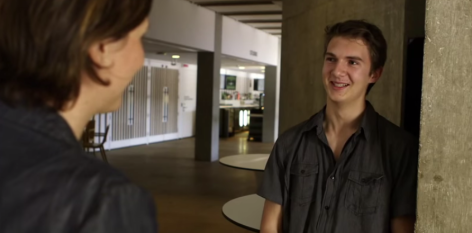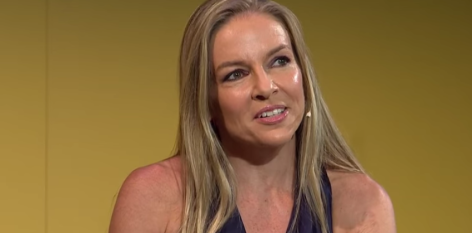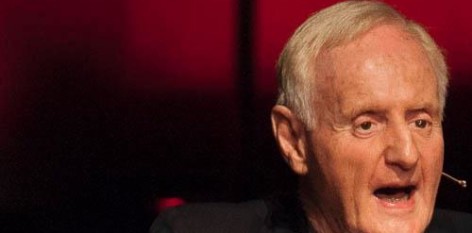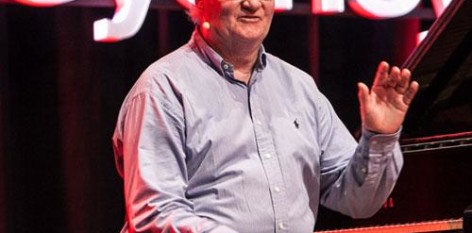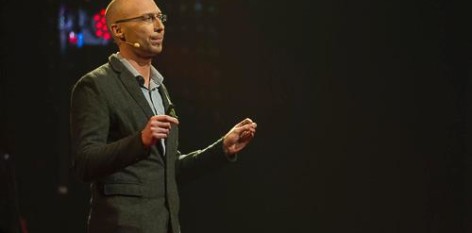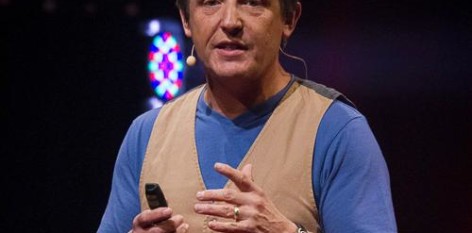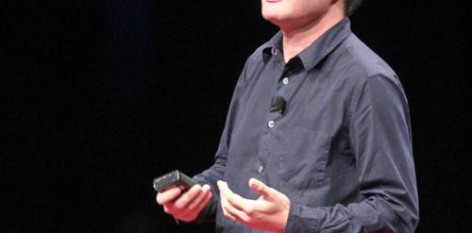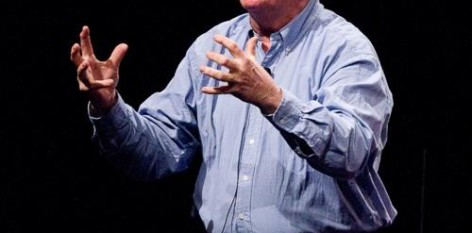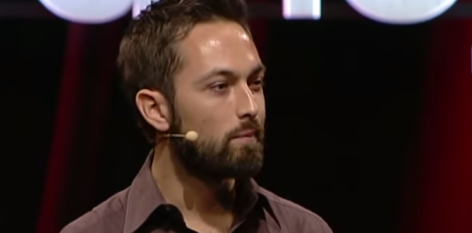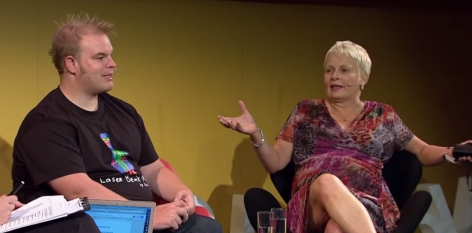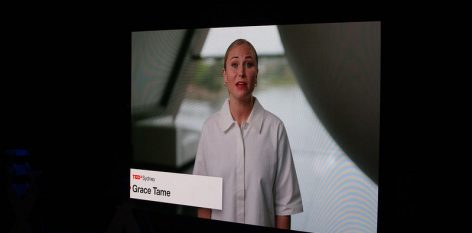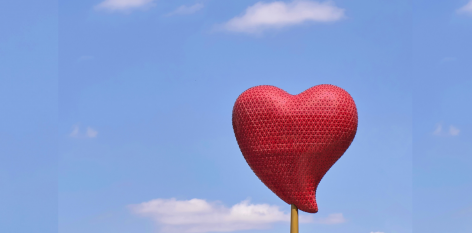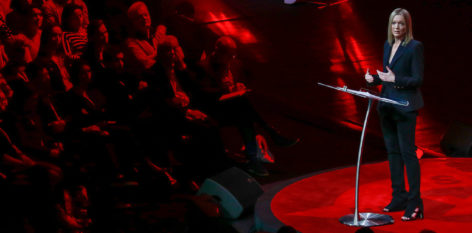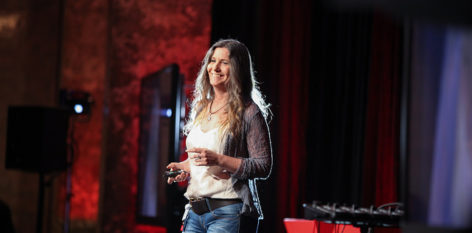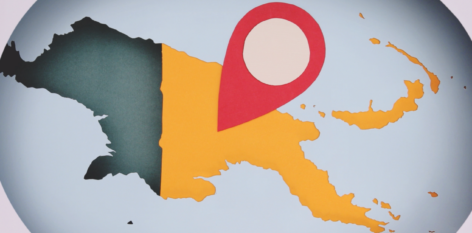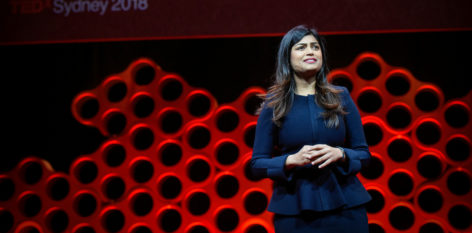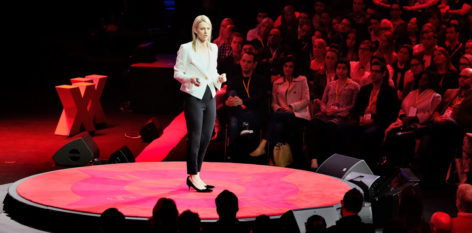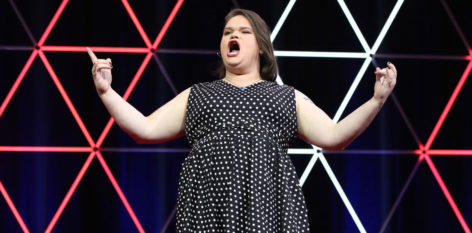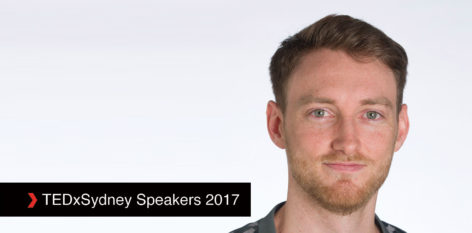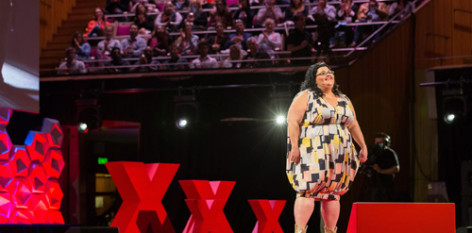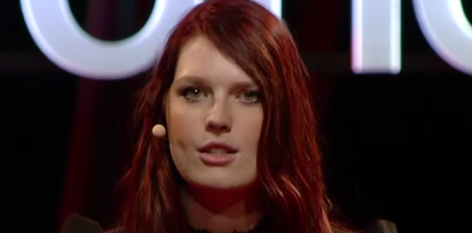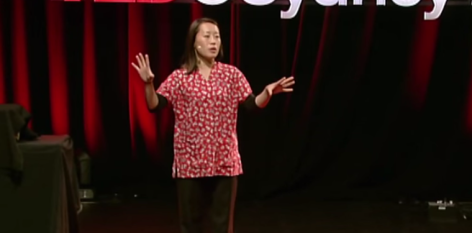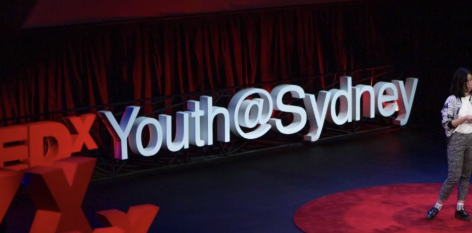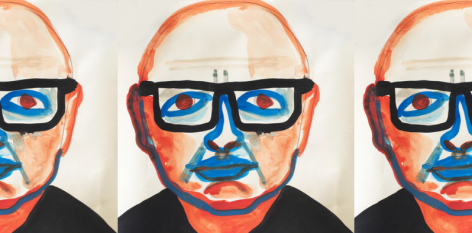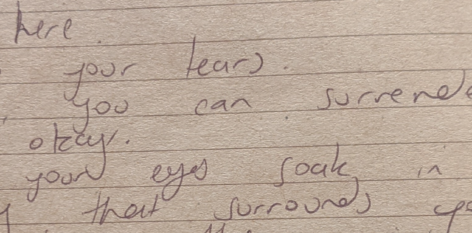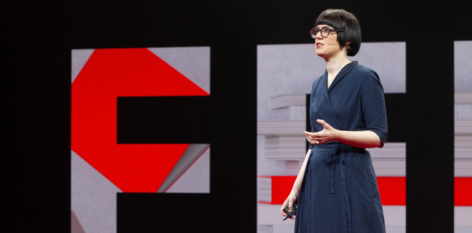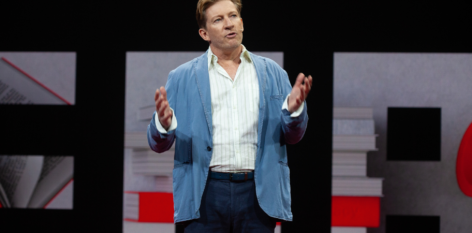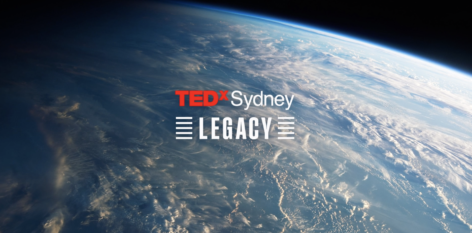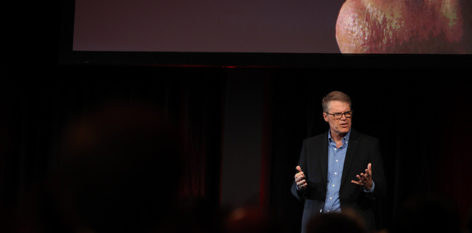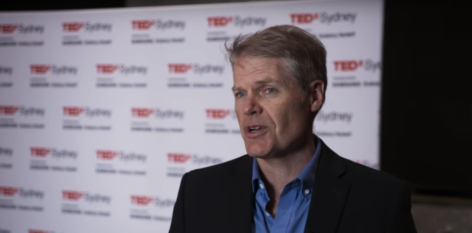The landscape of healthcare is rapidly evolving, driven by groundbreaking innovations that are reshaping the medical field.
From technological advancements to data-driven solutions, these innovations hold immense potential for improving patient care, transforming healthcare delivery, and addressing global health challenges.
With Healthcare 2.0 to 3.0, Internet of Medical Things (IoMT), Wearable Devices, interoperable electronic health records (EHRs) being facilitated by Blockchain Technology, Virtual Reality (VR) and Augmented Reality (AR), Data-driven Healthcare and Predictive Analytics, to telehealth and virtual consultations, the future of healthcare can seem complex.
But according to Tom Barrios Clarke, founder of Metaboly and TEDxSydney Youth 2023 speaker, we are already seeing the impact of technology across the healthcare spectrum in how it is scaling the impact and increasing the output of clinicians.
“If we’re scaling up the output of clinicians, then many more people will have access to better healthcare, which is exciting, and something we’re already seeing. While there’s also things supporting this such as drug discovery, IoMT and improving access to data and synthesis of that data. The most tangible outputs of these technologies will be supporting existing systems that we already have.”
Imbedding into existing systems means we are already seeing the impact of technology.
“Clinicians that are already taking advantage of even just off the shelf Artificial Intelligence (AI) tools and bespoke kind of Web 2.0 software, they already working faster than their peers.” Said Barrios Clarke.
According to the World Health Organisation, noncommunicable diseases (NCDs), including heart disease, stroke, cancer, diabetes and chronic lung disease, are collectively responsible for 74% of all deaths worldwide.
“If we just address the root cause of these disease with the basic Health Science and technology, … then these deaths can be prevented.”
Addressing health outcomes at this scale however means looking deeply at the cultural and behavioural changes that need to be made around our approach to healthcare – clinicians, healthcare organisations and us as individuals.
Barrios Clarke believes, “The distinction between Healthcare 2.0 to Healthcare 3.0 as the transition from this reactive sick-care system into a proactive healthcare system where you’re engaged in the healthcare system while you are healthy, so we can reduce the chance of you ever getting sick”
This is also where technology is playing a role. Moving the healthcare system towards preventative care.
“It’s a bit of a chicken or the egg situation with the are we held back by the culture? Are we held back by the technology? I think it’s obviously both and maybe this new technology will help us get to that next level.”
Barrios Clarke explains that nexus between culture and technology lies in the technology we use being usable, effortless and intuitive. With the most used healthcare technology, applications and platforms being seamless to use for both patients and clinicians.
“Health is part of everyday life, so it has to fit into that everyday life. It must be an effortless extension of everyday life. It shouldn’t feel like there is a distinction between.”
The need for healthcare technology to be part of everyday life comes down to how critical capturing data is for there to be a benefit to both clinicians and patients.
Barrios Clarke says, “If you want something that will, let’s say, improve your diabetes or insulin resistance, and you don’t want to have those big old school continuous glucose monitors. But now they have those kind of trendy CGM patches.”
But for wearables to reach their full potential, they will need to be ubiquitous, integrated into our existing routines and effortless. Barrios Clarke points to the example of the Apple Watch. How it piggybacked on an accessory people were already wearing and on top of that it’s also fashionable.
“It is a huge part of the reason why the Apple Watch has been successful. Not only does it do all these things, such as monitor heart rate, body temperature, walking speed and more, but Apple are the most profitable designer brand there is and that’s a lot of what they are these days beyond the technology”
It’s this connection that is fueling healthcare advancements now and will continue to fuel the transformation of medical practices, improving patient outcomes, and enhancing the accessibility of healthcare services.
The future of healthcare looks brighter than ever, offering a world of possibilities for better health and well-being.


